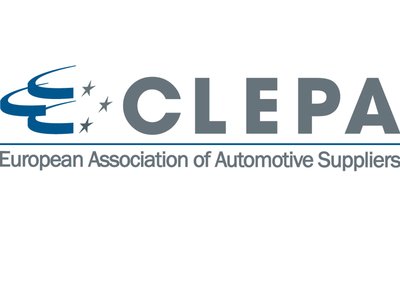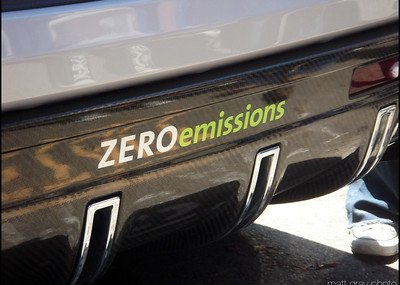THM professor Klaus Herzog (centre) tests the diesel alternative developed by Ulrich Grote's (left) company Recenso in a test engine. The plan is to use the fuel in a combined heat and power plant from Robert Völkl's company. (Photo: THM)
The high accuracy of the measurement technology in the laboratories and workshops of the Technical University of Central Hesse (THM) has brought two companies together in the Giessen Laboratory for Automotive Engineering and Piston Machines for a special test: the use of a waste-based diesel substitute in a test engine. The trial, led by Prof. Dr Klaus Herzog from the Department of Mechanical and Energy Engineering, was successful and showed that combined heat and power plants do not have to be the only place to burn waste.
The idea was brought to Herzog and his laboratory engineer Ben Falgenhauer by Robert Völkl from the Tirschenreuth-based company Völkl Motorentechnik and Ulrich Grote from the Remscheid-based company Recenso. Recenso specialises in the design and realisation of systems for the recovery of raw materials in industrial plant construction - mechanically, chemically and in a biomass process. Thus, plants have been realised that turn waste back into a raw material for chemical production processes. The extent to which this raw material is also suitable as a fuel in a diesel engine was to be investigated.
Völkl offered itself as a partner. The manufacturer of combined heat and power plants for the generation of electricity, heat and cooling has specialised in engine operation with regenerative and synthetic fuels in the form of so-called syn-gas, e-fuels or bi-fuels. However, before the novel Recenso raw material is used as a fuel in a large Völkl engine, the suitability of the fuel was to be tested on a smaller test engine at the THM. The Recenso product consists to varying degrees of household waste and commercial waste. However, production waste from the packaging industry is also used. How it behaves during incineration and what by-products are produced was one of the objectives of the observation.
The single-cylinder test diesel engine used in the motor vehicle laboratory is equipped with extensive measuring technology. For example, the pressure in the cylinder and the crankshaft position are recorded with high precision 100,000 times per second. With this measurement technology, the combustion process of the fuel can be precisely analysed. Furthermore, the operating condition of the engine is monitored by numerous temperature sensors and by measuring the power output. The exhaust gases are also analysed. The data collected allowed the conclusion that the Recenso fuel can certainly be compared with classic diesel.
The fuel from waste has to be preheated a little for operation in the engine, Herzog explains. After that, the engine runs smoothly, he says. "The peak pressure in the cylinder is slightly lower, but otherwise the combustion process is very similar to diesel operation," he explains. However, the efficiency when operating the engine with the raw material from waste is three percentage points lower - a good value compared to the "thermal utilisation" of the original waste in a combined heat and power plant, says Herzog. The exhaust behaviour is almost identical to that of diesel.
For the time being, Herzog plans to use the product as a fuel only for the company's own energy supply needs, not as an additive to ordinary petrol station fuel. The trial at the THM serves as a decision-making aid as to whether the use of the fuel from waste in large engines makes sense, taking into account the very complex approval procedures. The next step would be to test such an engine under controlled conditions using the Recenso fuel. "We would be happy to continue to accompany the project," says Klaus Herzog.
Source: www.pressebox.com




